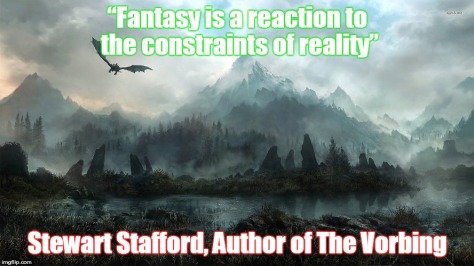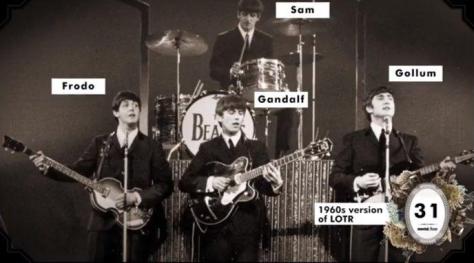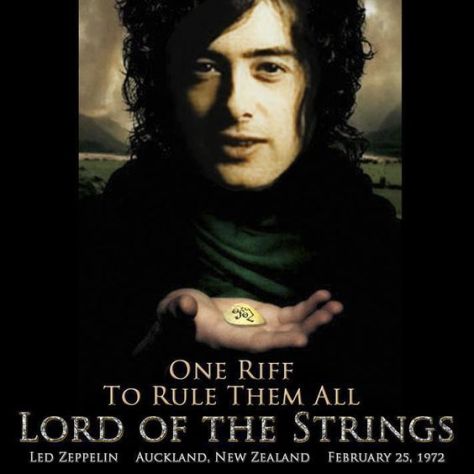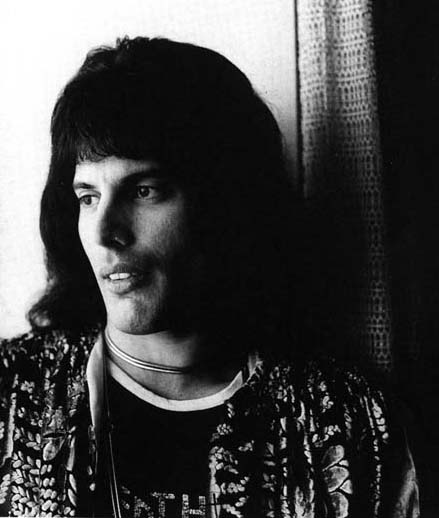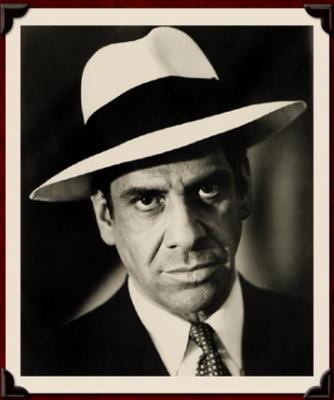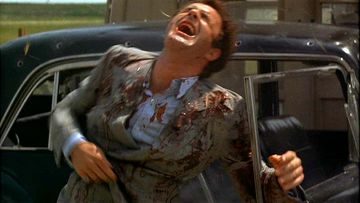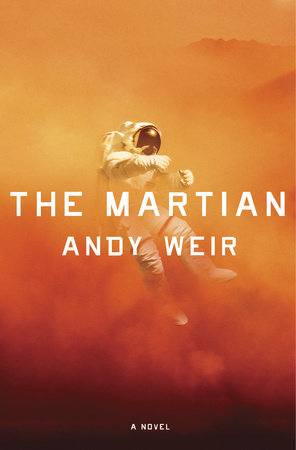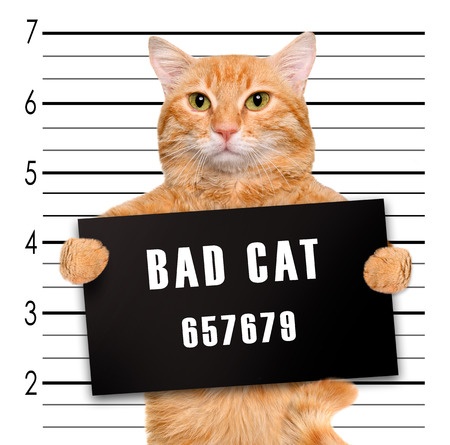The writer Richard Matheson was born to Norwegian immigrant parents in New Jersey on February 20th, 1926. He had his first story published when he was eight years old. After graduating from high school, he joined the army, serving in the US infantry with the 87th Division in France and Germany during World War II. His experiences of warfare formed the basis of his 1960 novel “The Beardless Warriors.”
After the war, he studied journalism at the University of Missouri and moved to California. Summer 1950 saw Matheson make his first real mark as a writer when his short story “Born of Man and Woman” was published in the Magazine of Fantasy and Science Fiction and drew attention. It had the kind of frightening science fiction themes that became Matheson’s trademark and was the first of dozens of short stories he would publish over the next two decades.

“I Am Legend” from 1954 was his first published novel and is probably his masterpiece (it was voted the best vampire novel of the 20th century by the Horror Writers Association in 2012) A daring deconstruction of the vampire legend, it flips the whole narrative on its head by making the last man alive the destructive predator that vampires fear and despise as he systematically wipes them out by day following a futuristic plague.
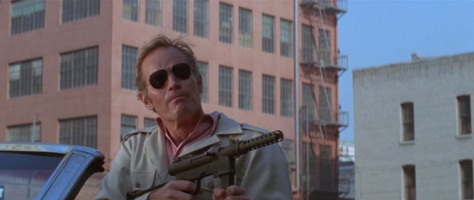
It was adapted for film as “The Last Man on Earth” with Vincent Price in 1964, again as “The Omega Man” in 1971 with Charlton Heston and, more recently, in 2007 with Will Smith.
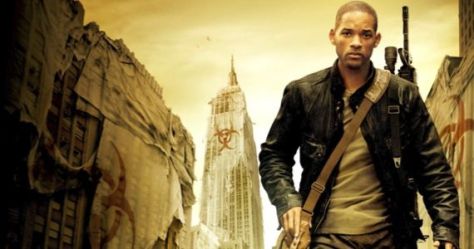
The book may have been about vampires but its main theme was loneliness and there are few better books about that subject. As the main character Neville is alone most of the time, it’s a difficult story to write but Matheson does a great job of keeping the reader engaged with his solitary hero in his nightmare world. “I Am Legend” also served as the direct inspiration for classic zombie movie “Night of the Living Dead”, giving birth to a whole new genre of film, almost as if the vampire pandemic gave birth to zombies.
He was also a successful television writer, penning episodes of “The Alfred Hitchcock Hour” and “Star Trek” as well as numerous western shows.

His 1956 novel “The Shrinking Man” (filmed in 1957 as “The Incredible Shrinking Man”, which Matheson also wrote the screenplay for) has been ripped off by everything from “Honey, I Shrunk The Kids” to last year’s “Ant Man.” It had its New York premiere 60 years ago this week in February 1957. In 2009, “The Incredible Shrinking Man” was placed in the National Film Registry by the Library of Congress, this accolade is only given to films that are “aesthetically, historically or culturally significant.”
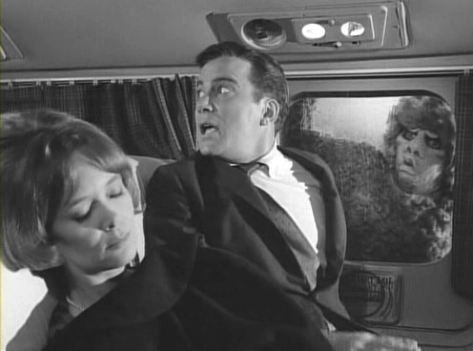
“The Twilight Zone” seemed made for Matheson and another famous story of his, “Nightmare at 20,000 Feet”, was filmed for the show among others. It concerned a nervous flyer (played by William Shatner in the 1963 TV show and John Lithgow in the Twilight Zone movie twenty years later) who is convinced a demon is smashing up the wing of the passenger plane he is on during a vicious thunderstorm. No one believes him, even when he saves the lives of everyone on board by trying to kill the creature and forcing it to flee.


The Simpsons did a parody of this story in one of their Halloween specials where Bart Simpson sees a demon dismantling the wheels of the school bus he’s on. Demonstrating how his stories are so ingrained now in popular culture.
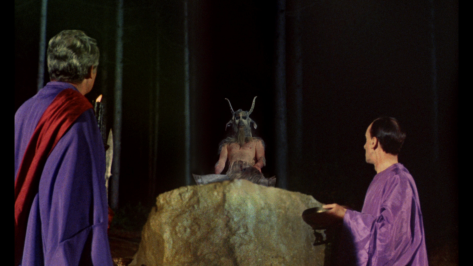
In 1968, he adapted Dennis Wheatley’s novel “The Devil Rides Out” for Britain’s Hammer Horror films. It is one of the best British horror movies ever made and features Christopher Lee in one of his finest roles as a man battling the forces of darkness.
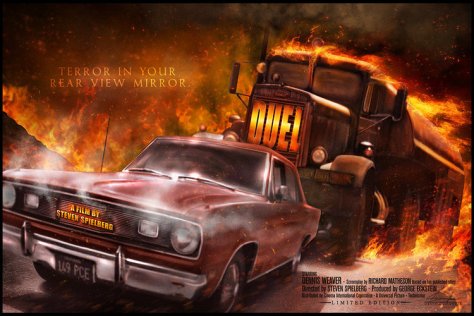
His nerve-shredding TV movie script for “Duel” became Steven Spielberg’s first film in 1971.

Other Matheson novels made into films include “Bid Time Return” which became “Somewhere in Time” starring Christopher Reeve and Jane Seymour (arguably a big influence on “Back To The Future” and “The Terminator”), “What Dreams May Come” with Robin Williams, “Stir of Echoes”, a supernatural horror film starring Kevin Bacon and “Real Steel”, a sci-fi action movie about fighting robots with Hugh Jackman.
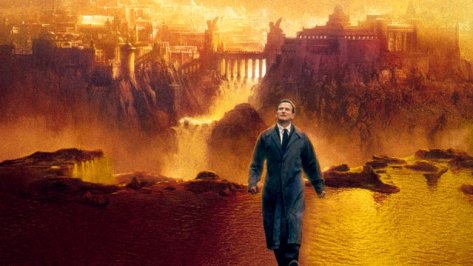
He once said: “I wrote about real people and real circumstances and real neighbourhoods. There was no crypt or castles or H.P. Lovecraft-type environments. They were just about normal people who had something bizarre happening to them in the neighbourhood. I could never write about strange kingdoms. I could never do Harry Potter or anything like that.”
Assessing his career, he said: “I think ‘What Dreams May Come’ is the most important (read effective) book I’ve written. It has caused a number of readers to lose their fear of death, the finest tribute any writer could receive. … Somewhere In Time is my favourite novel.”
His daughter and two sons also became writers.
Richard Matheson died in June 2013. He left behind a significant body of work including dozens of novels, short stories, TV show scripts, TV movies and movies both adapted by him from his own work and adapted by others. Writer Ray Bradbury called him “one of the most important writers of the 20th century.” While Stephen King claimed Matheson was the writer who had influenced him the most. Another writer called Harlan Ellison praised his “supernova lifetime of writing mentioned in the same breath with Poe and Borges.” That is about as good as it gets.
I’ll leave the final word to Mr Matheson: “I hope people are reading my work in the future. I hope I have done more than frightened a couple of generations. I hope I’ve inspired a few people one way or another.” You certainly have, sir, you certainly have.
(“The Vorbing”, my vampire novel inspired by Richard Matheson’s “I Am Legend” is available here)
© Stewart Stafford, 2017. All rights reserved.
























